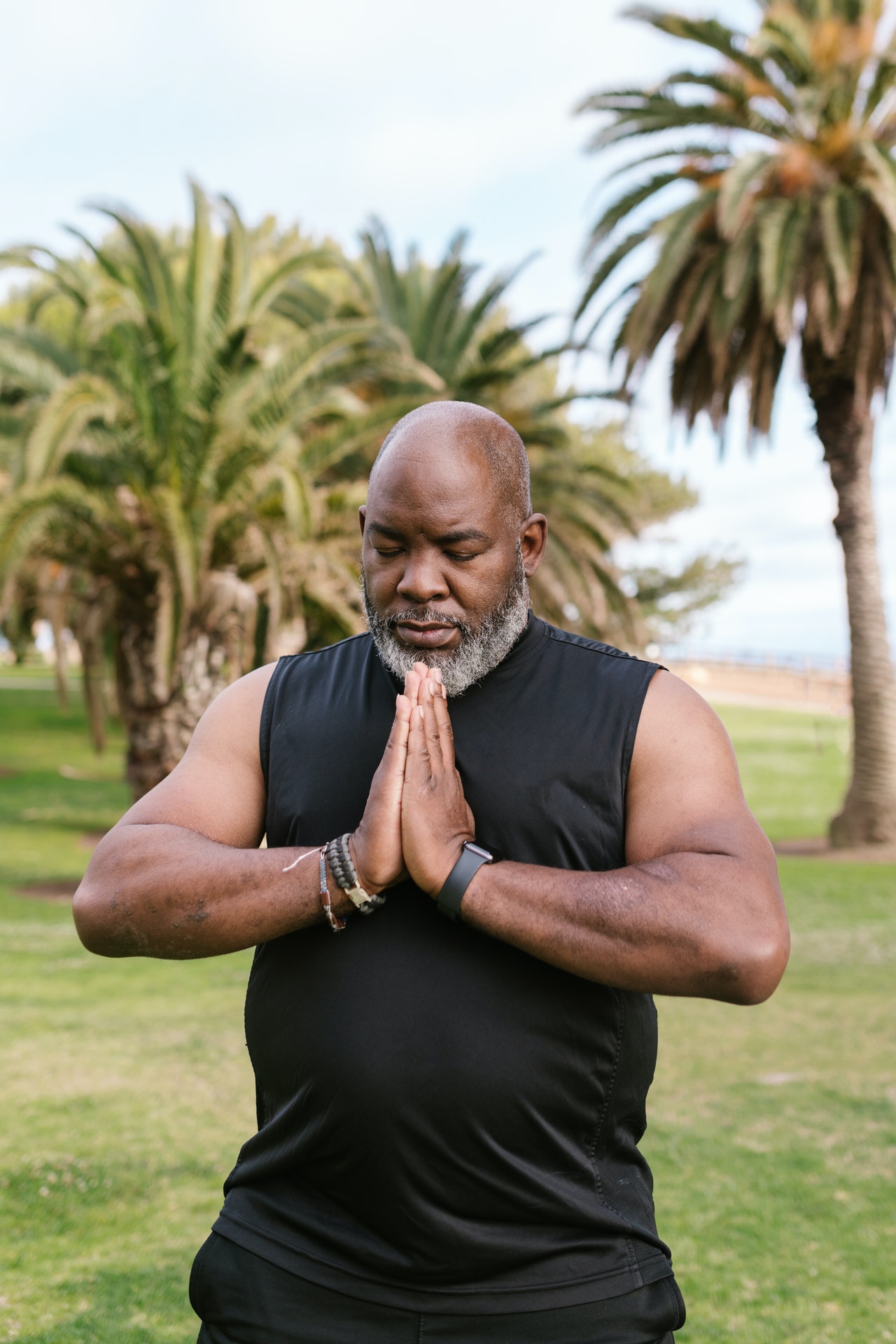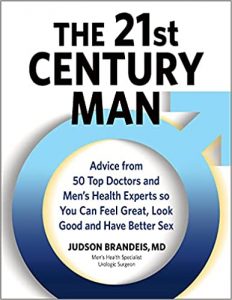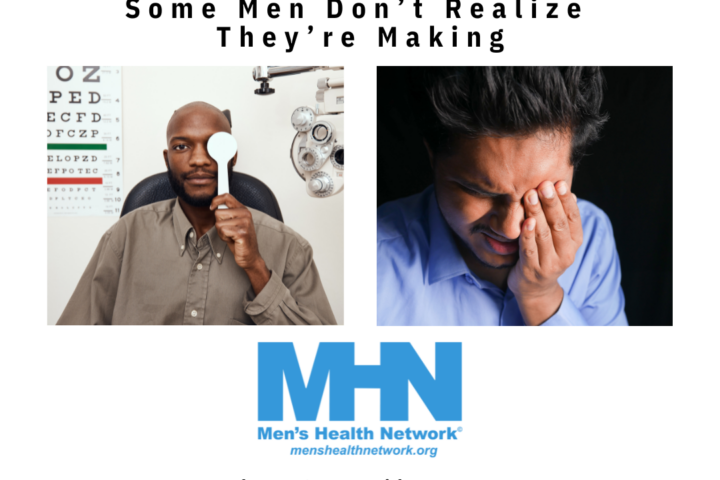A hundred years ago, women lived one year longer than men, but now they live five years longer than men. And things are getting worse. Currently, the lifespan of men in the U.S. is declining due to alcohol, opioids, and suicide. These trends need to change.
I take care of men. I’ve been a urologist for almost 25 years and have seen thousands of men as patients, many of whom have shared their most personal thoughts and feelings with me. I’ve followed many men in my practice for 15 to 20 years and have witnessed the slow physical decline that is inevitable with age. Over that time, I have also aged, yet many of my patients have had it far worse than I have.
As a urologic surgeon, clinical researcher, physician educator, and practicing clinician, I have embarked on a journey to help myself, my patients, and other physicians meet these challenges, to maximize our health and maintain the glow and vitality of youth.
American men are still rugged individualists. Qualities associated with masculinity in our cultures, such as self-sufficiency, independence, and strength, are reflected in unwillingness to seek care. Often men struggle to admit or address health issues, meaning that they are less likely to seek medical treatment or adopt preventative and proactive health measures.
The health statistics are sobering. More than 40 percent of men are obese, and over half of men have high blood pressure and don’t exercise enough. At least 15 percent of men smoke tobacco, and 12 percent have no health insurance. Compared to women, men are three times more likely to be a victim of homicide or commit suicide and 15 times more likely to have a workplace accident leading to a fatality. However, men are half as likely as women to visit their primary care doctor.
We have a lot of work ahead. We need to educate and inspire men to do better, and doctors need to be in the leadership role. Many of our patients get their health care information from social media influencers and podcasters that have never gone to medical school or treated a single patient! However, physicians have allowed this to happen by not meeting people in the venues where they look for information. The medical profession has been too slow to provide quality information on YouTube, Facebook, Instagram, Twitter, and the other social media platforms where most people get their news and do their research. And the information that we provide is not entertaining or engaging enough to go viral. Sadly, for many men, Joe Rogan has more influence than Dr. Anthony Fauci.
The Hero’s Journey. One concept that has resonated with my patients is “The Hero’s Journey,” which addresses the life path that we all walk. Most men know that it’s a bad idea to smoke, drink too much, do drugs, get fat, or stop exercising. Yet the pressures of life make these behaviors and lifestyle decisions difficult. However, suppose men see themselves as the heroes of their own life journeys and understand the implications of their self-destructive decision? In that case, they are less likely to make decisions that lead to poor health.
Mental health and relationship skills. Another critical factor in a man’s quality of life is mental health and relationship skills. The principal finding of The Harvard Study of Adult Development is that strong relationships are a major predictor of life satisfaction and a better predictor of long and happy lives than wealth, fame, social class, IQ, or even genes. That finding proved true across the board among both the Harvard-educated men and inner-city participants in the study. We need to educate our male patients about the importance of work-life balance, vitality, depression, anxiety, fatherhood, when to seek psychotherapy, and how to develop better listening skills. For men to live a fulfilling and productive life, these topics are as important as any medical intervention.
The role of the physician. As doctors, we also need to encourage men to create a partnership for health with their physicians. Patients are not aware of the demands of being a physician, The Cerner study, which reviewed 100 million charts and the practice patterns of 155,000 doctors, found that the average visit to a doctor is 16 minutes. We need to encourage patients to prepare for medical visits with a copy of their health history, list of meds, labs, imaging studies, recent medical history, and relevant questions on arrival to their physician’s office to make the most of the time with their doctor. What’s more, many men are the decisionmaker in selecting health insurance for their family and their company, so a good working knowledge of health insurance is also essential in navigating health care decisions.
Taking a proactive stance. We need to encourage men to be aware and proactive about their health. For example, erectile dysfunction is an early indicator of worsening cardiovascular health. Within ten years of the development of ED, 20 percent of men have a major cardiovascular event. The time of onset of ED is the best time to change lifestyle and explore regenerative treatments for erectile dysfunction like low-intensity shockwave therapy and platelet-rich plasma. Sexual expression is an integral part of quality of life, and there is a strong correlation between erectile function and mental health issues like depression, anxiety, and PTSD.
Expanding our ability to reach American men. Modern men desperately need help to improve their physical, mental, emotional, social, and sexual health. The physician community needs to look at the example of KevinMD and engage modern communication outlets and tools to provide evidence-based medical information in a format that is widely used by consumers. Pithy Instagram posts, short TikTok, or front-loaded YouTube videos can give medical advice. And for men, delivering the message in a kind and non-judgemental way will appeal to men and inspire them to better health, so that they can be the hero of their own journey.
The article first appeared on the blog, KevinMD.com
Photo by RODNAE Productions from Pexels





